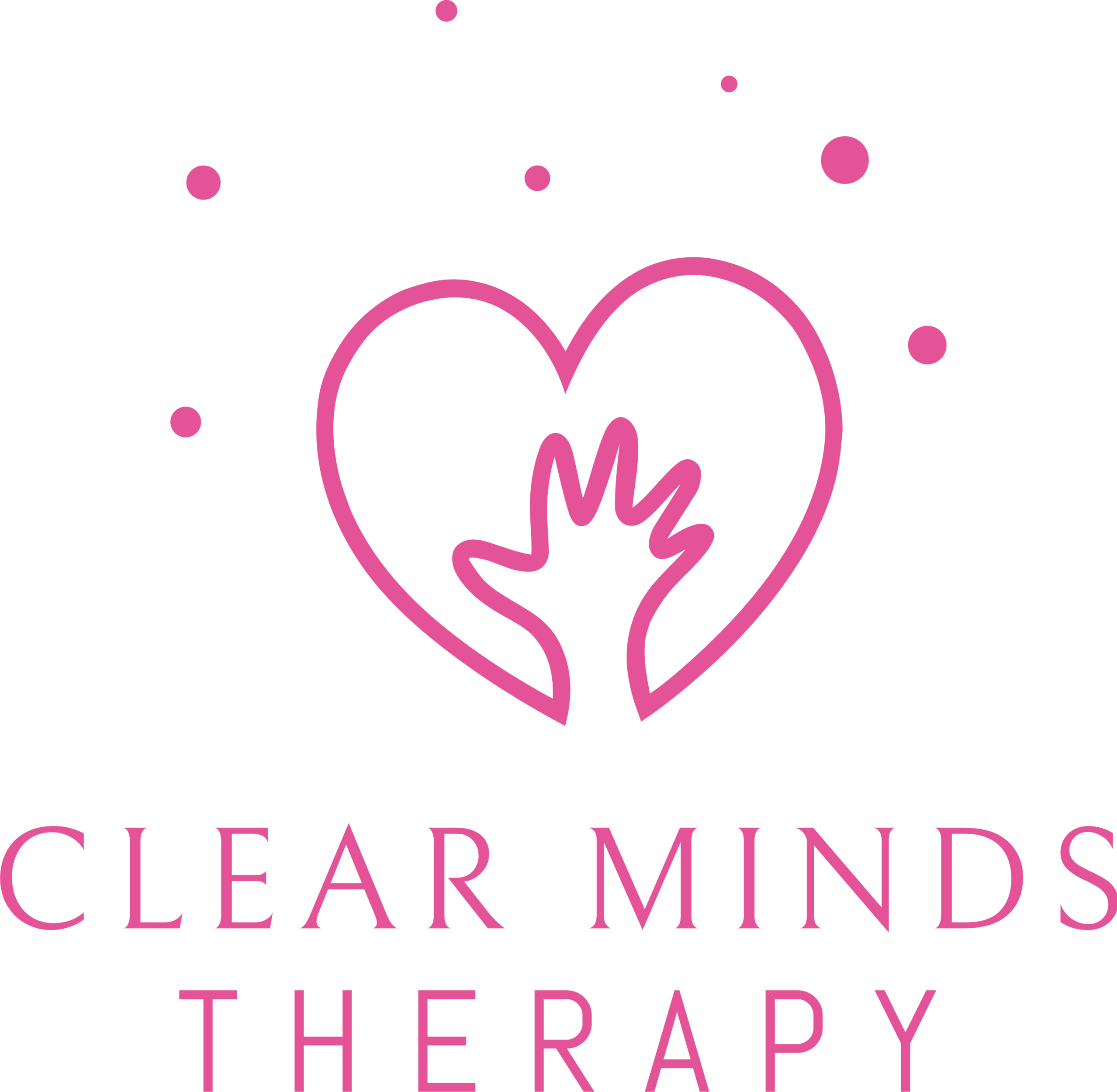What can I do about my low mood?
Feeling down or experiencing low mood is a common human experience that can affect us all at some point in our lives. Whether triggered by stress, life transitions, or chemical imbalances in the brain, low mood can impact our mental well-being and daily functioning.
Understanding Low Mood:
Low mood, also known as feeling blue or down, is characterised by a persistent feeling of sadness, emptiness, or hopelessness. It can manifest as a lack of interest or pleasure in activities that were once enjoyable, changes in appetite or sleep patterns, fatigue, and difficulty concentrating or making decisions. While it’s normal to experience occasional dips in mood, persistent low mood that interferes with daily life may indicate a more serious condition such as depression.
Factors Contributing to Low Mood:
Low mood can be influenced by a variety of factors, including:
1. Stress- High levels of stress from work, relationships, or life events can contribute to feelings of overwhelm and low mood.
2. Genetics- Some individuals may be predisposed to low mood or depression due to genetic factors.
3. Health Conditions- Chronic illnesses, hormonal imbalances, or other health conditions can impact mood regulation.
4. Life Transitions- Major life changes such as job loss, moving, or the end of a relationship can trigger feelings of sadness or low mood.
5. Trauma- Past trauma or unresolved emotional wounds can contribute to persistent low mood.
Coping Strategies for Low Mood:
While experiencing low mood can be challenging, there are strategies that can help manage symptoms and improve overall well-being:
1. Self-Care- Prioritise self-care activities such as exercise, healthy eating, adequate sleep, and relaxation techniques like mindfulness or deep breathing exercises.
2. Social Support- Reach out to friends, family members, or support groups for emotional support and connection.
3. Professional Help- Consider seeking help from a therapist, counsellor, or mental health professional who can provide guidance and support.
4. Healthy Habits- Establish a routine that includes regular exercise, balanced meals, and activities that bring joy and fulfillment.
5. Mindfulness and Meditation- Practice mindfulness and meditation to cultivate awareness, reduce stress, and promote emotional well-being.
6. Limit Stressors- Identify sources of stress in your life and take steps to minimise or eliminate them where possible.
7. Set Realistic Goals- Break tasks into manageable steps and set realistic goals to avoid feeling overwhelmed.
Finding Hope and Support:
It’s important to remember that low mood is temporary and that there is hope for improvement. Seeking support from loved ones, connecting with a therapist or counsellor, and exploring treatment options can help you navigate through difficult times and regain a sense of hope and resilience. Remember, you are not alone, and help is available.
Experiencing low mood is a natural part of the human experience, but it doesn’t have to define us. By understanding the factors contributing to low mood, implementing coping strategies, and seeking support when needed, we can navigate through challenging times and find hope for the future. Remember to be gentle with yourself, practice self-compassion, and reach out for help when you need it.

